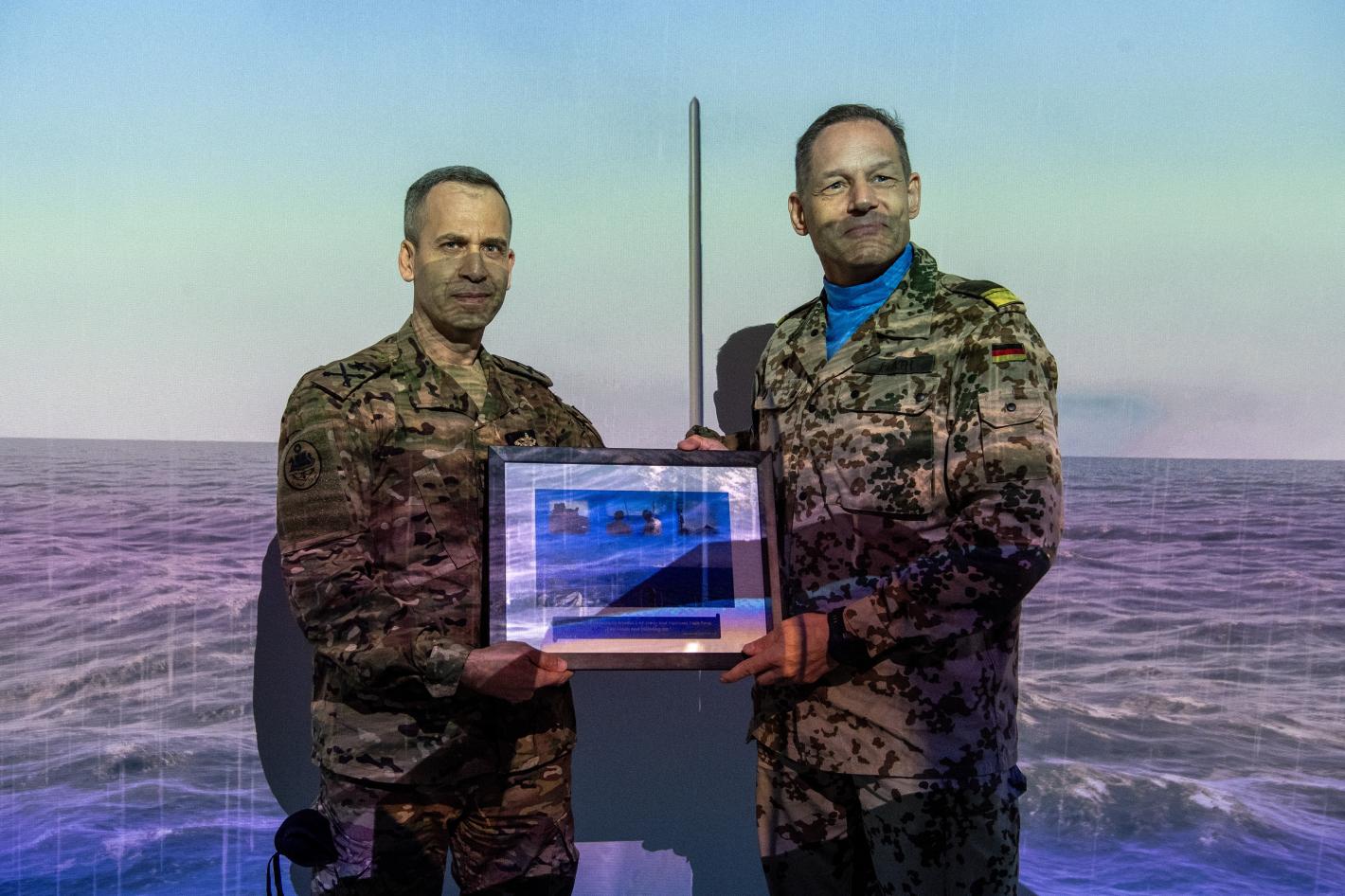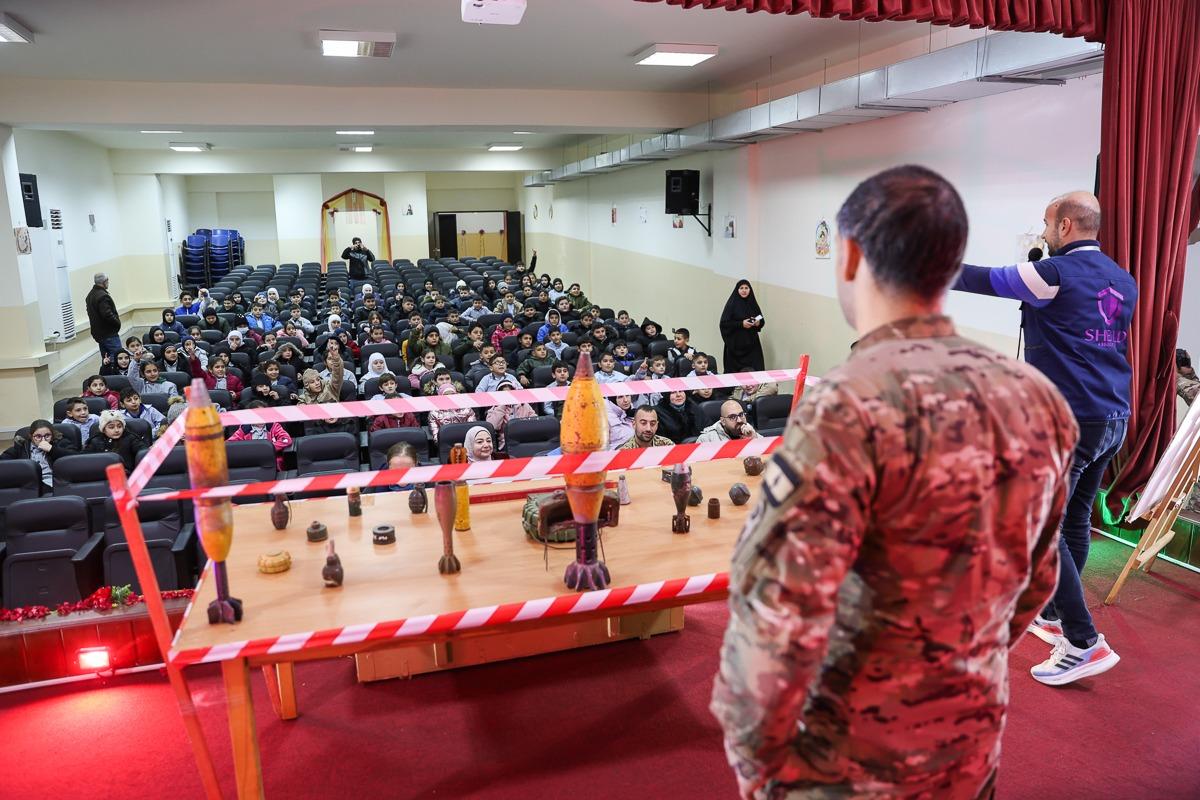It’s 7:30am. The radio operator at Observer Group Lebanon (OGL) gets a series of calls, as each of the eight patrol units checks in. Team Zulu is in Rumaysh. They are visiting the town and are paying a courtesy call to the mayor. They share a coffee and have a chat. Later the two unarmed military observers and their language assistant move in their vehicle to patrol the Blue Line.
OGL is part of the United Nations Truce Supervision Organization (UNTSO). UNTSO has been present in the region since 1949. OGL supports UNIFIL in carrying out its mandate, by observing, monitoring, reporting and/or investigating incidents that are, or could lead to, a violation of UN Security Council Resolution 1701 (2006). On the ground OGL also assist in diffusing tension by working with the parties present.
Yet OGL is different from UNIFIL Peacekeepers in a number of ways:
Firstly, and most visibly, they are unarmed. Secondly the structure of their patrols within the area of operations (AO). The patrols typically contain only one vehicle, two unarmed military observers and one locally employed language assistant.
Thirdly, the military observers are all Officers between the rank of Captain and Major who have between 10 and 30 years of experience in the military. OGL currently has 55 military observers from 22 different countries.
And finally, their training. Every military observer needs to be certified by OGL during a four to eight weeks of training phase at the beginning of their one-year deployment. Each observer is required to develop a detailed knowledge of the history of the conflicts in South Lebanon, the history and current state of the Blue Line, the religious and political history of the region, and any incidents that have occurred in the region. If an individual is unable to meet the standard during this training phase, they are sent back to their country.
This level of knowledge is crucial to one of OGL’s key activities: reporting. Due to the senior rank and high level of experience in each of the patrols, OGL provides reports to UNIFIL. These reports contain a summary of the facts, but also an assessment based on the very detailed knowledge that each military observer possesses.
----------------------------------------------------------------
Article: Aoibheann O’Sullivan
Video Editor: Aoibheann O’Sullivan, Mohamad Hamze
Video Camera: Mohamad Hamze
Photo: Pascual Gorriz Marcos, Steve Cotterill
----------------------------------------------------------------






